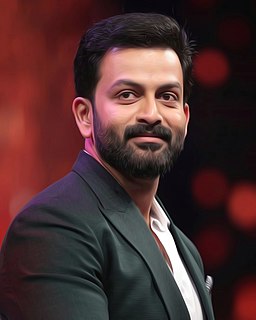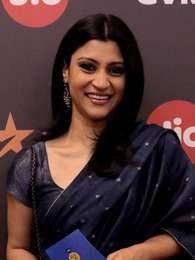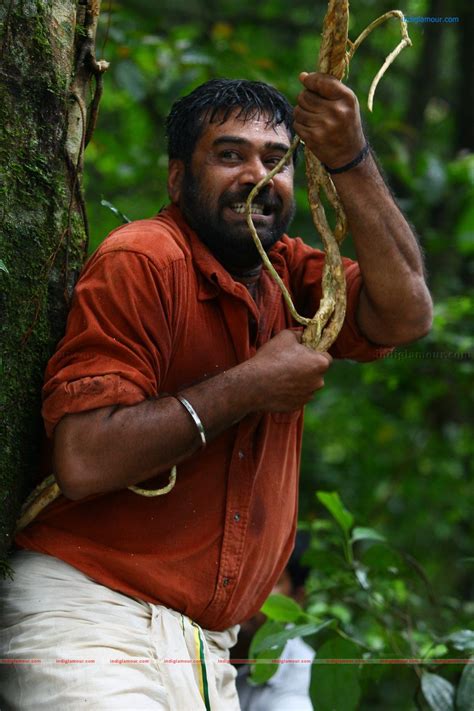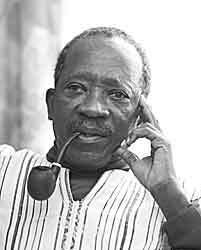A Quote by Isabella Rossellini
I wanted to make a film about my dad, a sort of love letter, and explain what I understood of his cinema, which was so utopian. I also wanted to give the sense of his cinema, because they have never been very big box-office, but they were very influential.
Related Quotes
More than my other films, Uncle Boonmee is very much about cinema, that's also why it's personal. If you care to look, each reel of the film has a different style - acting style, lighting style, or cinematic references - but most of them reflect movies. I think that when you make a film about recollection and death, you have to consider that cinema is also dying - at least this kind of old cinema that nobody makes anymore.
One of the things I always believed in was my dad came to America and he was a very talented musician, but he couldn't make a living that way so he had to support his family as an auto mechanic which he also loved doing. He was also such a great dad because when I first told him I thought I wanted to go into show business, his response was okay, that's interesting.
Animation, for me, is a wonderful art form. I never understood why the studios wanted to stop making animation. Maybe they felt that the audiences around the world only wanted to watch computer animation. I didn't understand that, because I don't think ever in the history of cinema did the medium of a film make that film entertaining or not. What I've always felt is, what audiences like to watch are really good movies.
Everyone thinks that Fight Club is a very important and successful film, but it was a massive box-office failure. Massive. It was a big flop by any commercial-release standard. And it's been a huge hit on DVD. Everything that movie has become has been on DVD. So you can't stake your sense of creative success on this whole box-office-performance matrix, because if you do, you're going to be disappointed most of the time.
MORE CONSISTENTLY THAN EVER I WAS TRYING TO MAKE PEOPLE BELIEVE THAT CINEMA AS AN INSTRUMENT OF ART HAS ITS OWN POSSIBILITIES WHICH ARE EQUAL TO THOSE OF PROSE. I WANTED TO DEMONSTRATE HOW CINEMA IS ABLE TO OBSERVE LIFE, WITHOUT INTERFERING, CRUDELY OR OBVIOUSLY, WITH ITS CONTINUITY. FOR THAT IS WHERE I SEE THE POETIC ESSENCE OF CINEMA.
I think cinema is needed throughout Africa, because we are lagging behind in the knowledge of our own history. I think we need to create a culture that is our own. I think that images are very fascinating and very important to that end. But right now, cinema is only in the hands of film-makers because most of our leaders are afraid of cinema.




































